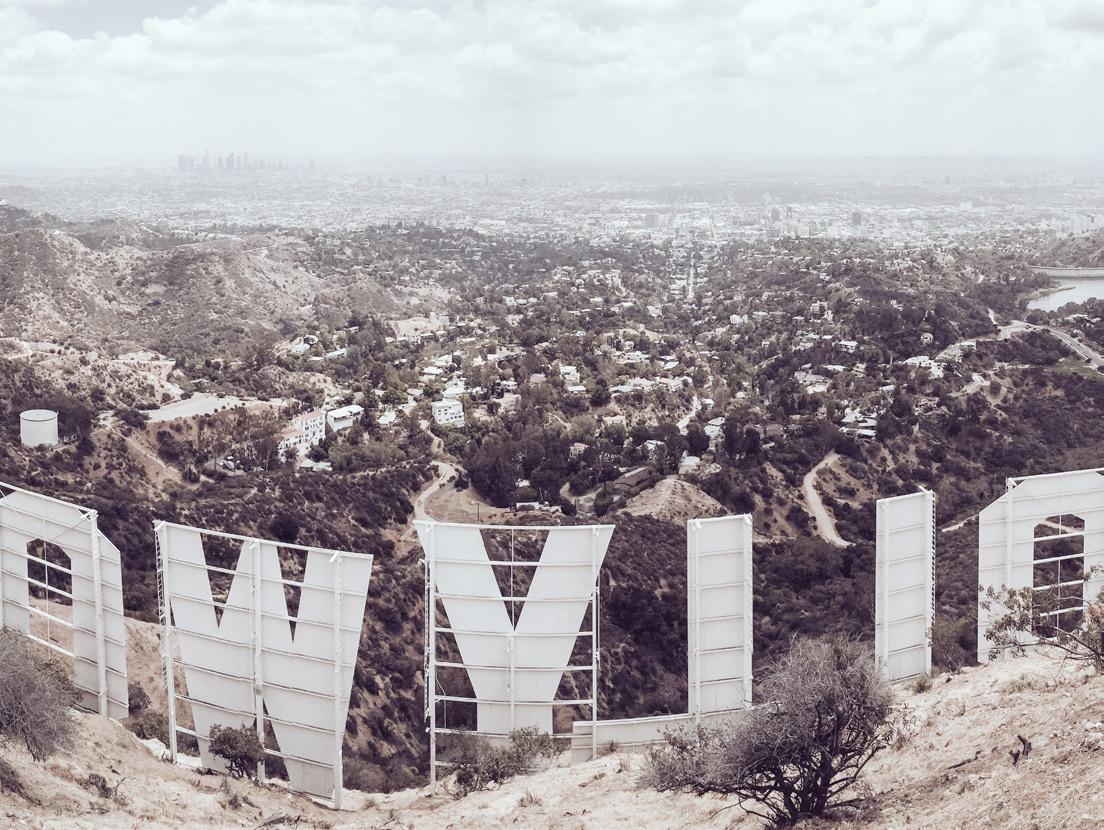
3 minute read
Barbara Zeisl-Schoenberg on her father’s life and works
Despite all odds of a family who frowned on the choice of music as a profession, my father, obsessed with making music, took odd jobs to be able to afford lessons, and at the age of 14, encouraged by various teachers, entered the Vienna Music Academy. At 16 years of age, three of his Lieder were published; others followed, and in the years that ensued, Zeisl began to make a name for himself, with many of his over 100 Lieder being presented by stellar singers such as Alexander Kipnis.
These early years were a prolific time of Lied composition, all so intrinsically tied up with Zeisl’s emotional life in Vienna, with the Austrian landscape, with friendships, and particularly with meeting my mother. My father’s parents were not as fortunate, and were later executed in the death camps, but my father and mother fled Vienna on ‘Kristalnacht’, 1938, and managed to escape to Paris, where Darius Milhaud sponsored Zeisl, whom the former thought to be a composer “du grand talent”. This period became a turning point in my father’s compositional style. Zeisl was asked to write the music for a memorial to the Austrian novelist, Joseph Roth, who had died in exile in Paris in 1939, and thus composed the incidental music to the play, Hiob/Job based on Roth’s novel by that name, the story of a Jew who suffers the pogroms and ultimately comes to America. This work was one of two experiences that were pivotal for my father’s return to his deepest roots, his Jewish heritage; and all Zeisl’s American works, where he emigrated in 1939, were impacted by this emotional and spiritual bond.
I was born within a few months of my parents’ arrival in New York, a day before my father’s 35th birthday. Two years later, Zeisl was lured to Hollywood by MGM, to compose scenes for the film industry. However, whereas most of his composer friends were delighted with the warmer climate of Los Angeles, my father languished in the heat and had a severe allergy to the sun, a complete misfit in a desert clime, where cold brooks and water cascades were
exchanged for desert palms and hot sun, eternal summer. In an interview for the LA Times in 1950, Zeisl wrote: “I was a product of the old world. I could not change that even if I had wanted to”. In our home, I remember my parents hosting numerous musicians and Austrian celebrities: good friends such as the Korngolds, Henreids and Premingers.
Zeisl had been very unhappy composing only short scenes for films, and thus he left MGM and subsisted after 1945 by teaching students privately at home. Later, recommended by Igor Stravinsky, Zeisl was fortunate to secure a position at Los Angeles City College, where he taught until his premature death in 1959.
Especially significant in those post-war years with regard to Zeisl’s chamber music, particularly his Brandeis Violin Sonata, was a “musical, life-changing” experience, when he became composer–in-residence at Brandeis Camp Institute, a summer camp for talented young, Jewish, college-age students and faculty. Inspired by folk songs, danced and sung throughout the camp, my father composed some of his major chamber music pieces, his Violin Sonata, entitled ‘the Brandeis’, first performed by Israel Baker and Yaltah Menuhin, as well as his Viola and Cello Sonatas. The second movements in particular express the great sadness my father felt at the loss of his parents to the death camps, and are especially moving to me because of the great sadness they express. Indeed, I remember him composing those works at the piano and playing the portions he had just finished for my mother (and me), and I often think back to those times, and how privileged I now feel to have experienced them.

Barbara Zeisl-Schoenberg

Barbara Zeisl-Schoenberg, 1970









